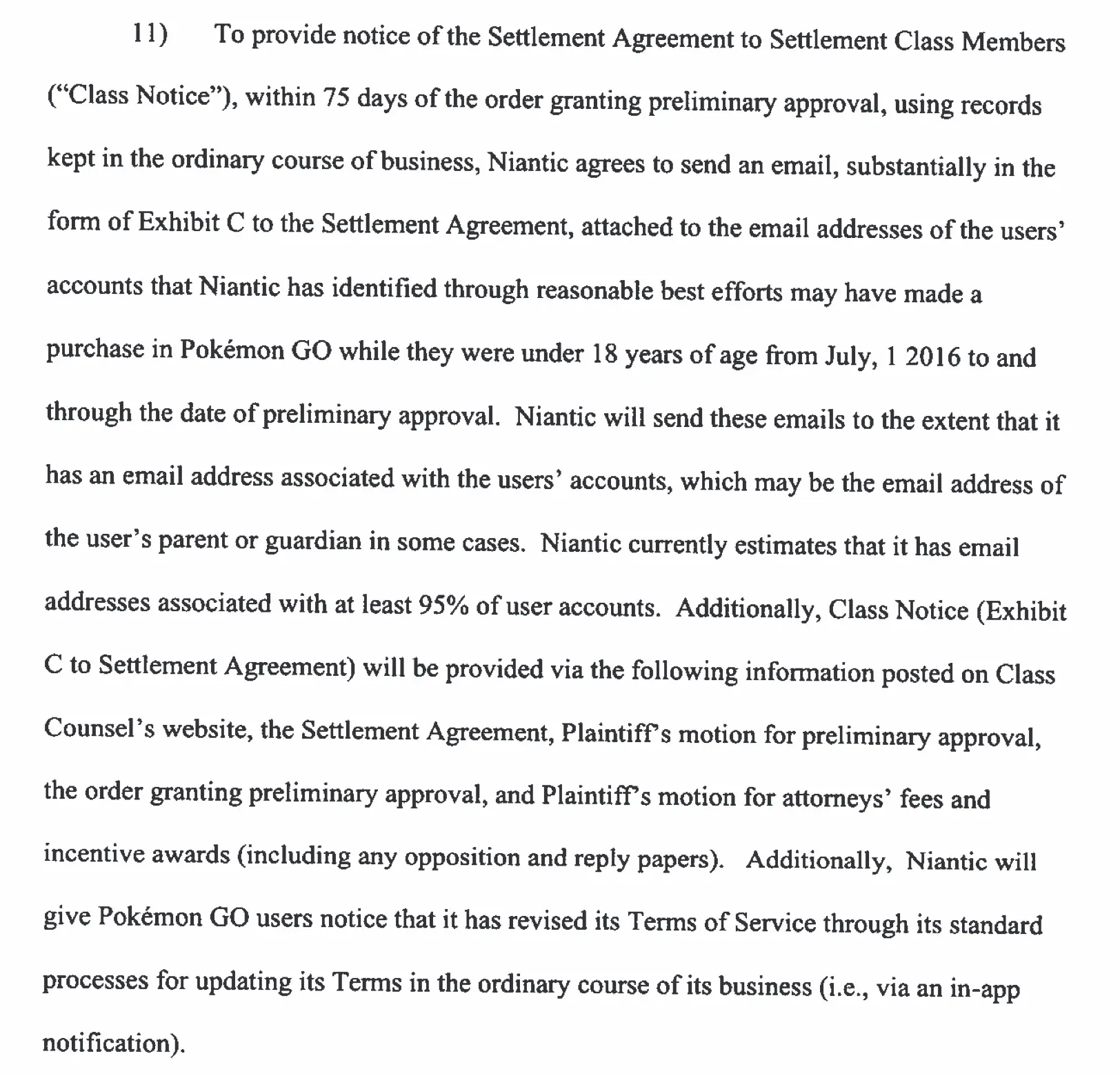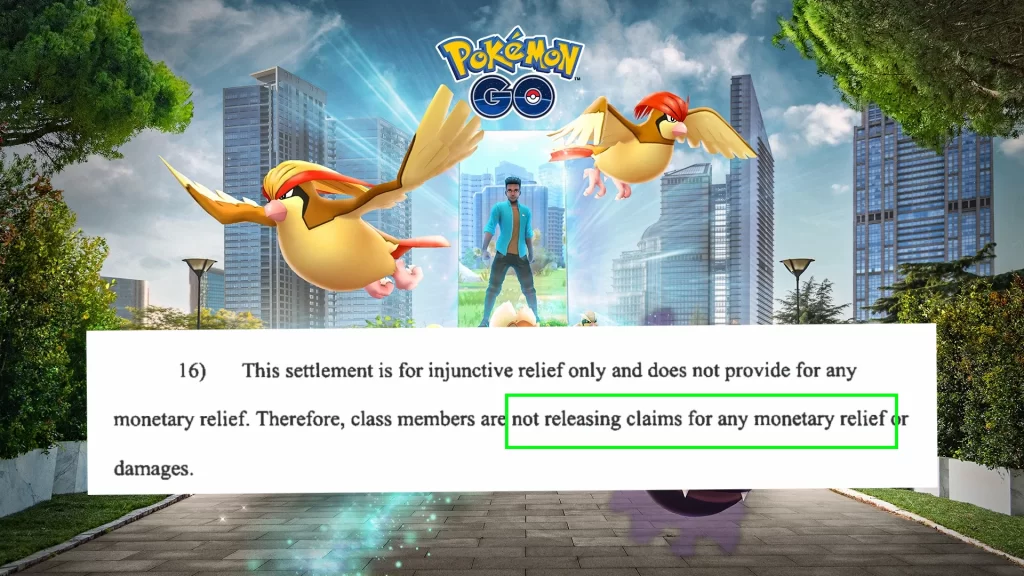A recent lawsuit against Pokemon Go maker Niantic claims the company made it difficult for minors to get refunds for in-app purchases. This could be relevant if your child under 18 spent real money on the game between July 2016 and the present.
What’s the Deal?
The lawsuit alleges Niantic’s practices surrounding in-app purchases were unfair to minors. Here’s how:
- No Easy Refunds: Niantic’s terms of service state all purchases are final, making it a hassle, if not impossible, to get money back, even for accidental purchases by minors.
- Confusing Information: The lawsuit claims the game might not clearly explain the cost or purpose of certain in-app items. This could lead a child to believe they’re getting a free item when they’re actually spending real money.
- Targeting Minors: While Niantic’s terms say only adults can agree to them, Pokemon Go’s design and characters clearly appeal to children.
As per the lawsuit, these elements combine to simplify children’s mistaken purchase of actual money, and Niantic should be held responsible for providing more accurate details and improving refund methods.
Who Might Not Get Refunds (Currently)
It’s important to note that even with the lawsuit, getting a refund might not be automatic under the current system. Here’s who might have difficulty:
- Purchases Made According to Terms: If your child’s purchases followed Niantic’s terms of service (no matter how unclear those terms might be), a refund might be difficult to obtain.
- Apple/Samsung Purchases: For purchases made through Apple or Samsung app stores, refunds would need to be requested directly from those companies (their policies vary on minor refunds).
Who Might Be Eligible (But It’s Not Guaranteed)
Although the case is still pending, it is unclear exactly who is entitled to refunds. But let’s talk about a few possibilities:
- Unauthorized In-App Purchases: Should the lawsuit force Niantic to modify its policies in the event that your child under the age of 18 made in-app purchases in Pokemon Go without your consent, your chances of receiving a refund may go up.
- Purchases Made Due to Unclear Information: The lawsuit argues that Niantic’s in-app purchase information is confusing for minors. If the lawsuit is successful and proves that unclear information led to accidental purchases, those might be grounds for a refund.
Did You Receive an Email from Niantic?
- Niantic has seventy-five days to inform all Pokemon Go players who qualify of the settlement. They’ll email the users’ accounts to accomplish this.
- Niantic will identify and email users who were under the age of eighteen and made transactions between July 1, 2016, and March 8, 2024, using its business records. The parent or guardian’s email address may be one of the related email addresses to which they will send emails. According to Niantic, they possess email addresses for a minimum of 95% of the impacted accounts.

What is Injunctive Relief?
Injunctive relief refers to Niantic changing its practices for the future, not issuing refunds for past purchases.
Important to Remember
Refunds: Not everyone will receive automatic refunds, even in the event that the lawsuit is successful. It might require submitting separate claims.
Latest Developments
- Settlement Reached: Niantic and the plaintiffs in the lawsuit have recently reached a settlement. This settlement covers US parent-child purchases made between July 2016 and March 2024 that may have been conducted without authorization.
- No Direct Payouts: The settlement doesn’t offer direct refunds, but focuses on improving how Niantic handles future situations. These improvements include:
- Stronger refund policies for minors.
- Clearer terms of service regarding underage purchases.
- A dedicated system for handling minor refund requests with trained staff.
- Updated Help Center with links to app store refund policies.
- Court Hearing: A court hearing will be held on August 26, 2024, in California Northern District Court to decide if the settlement is fair.

Separate Lawsuit
A separate lawsuit against Niantic was notably filed in 2021 in the Northern District Court of California. According to the complaint, Niantic purposefully targets kids with its in-game currency and merchandise promotion.
